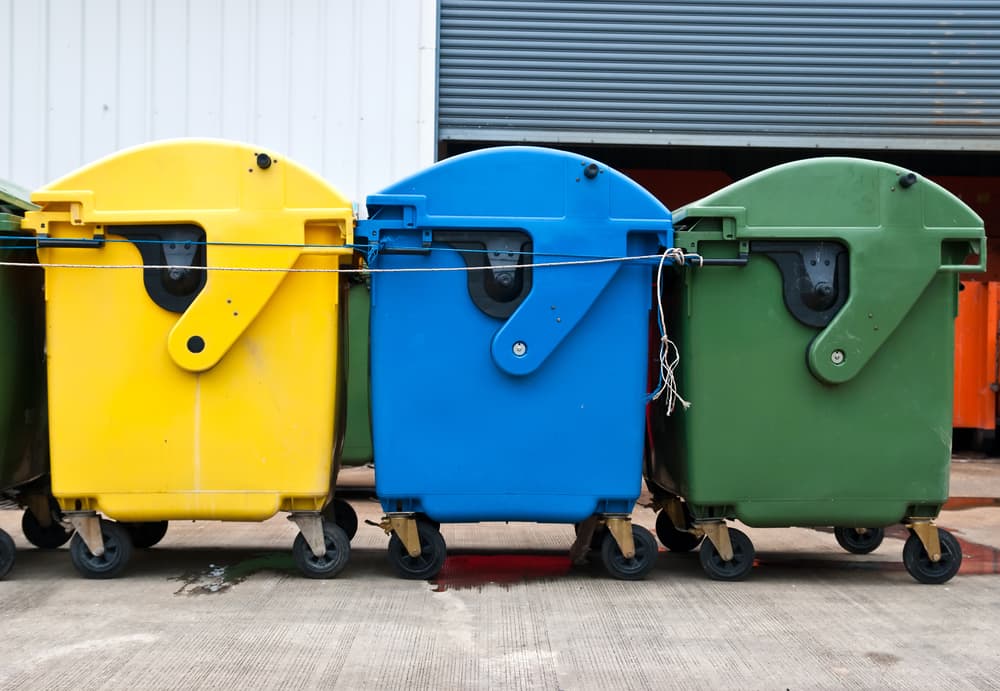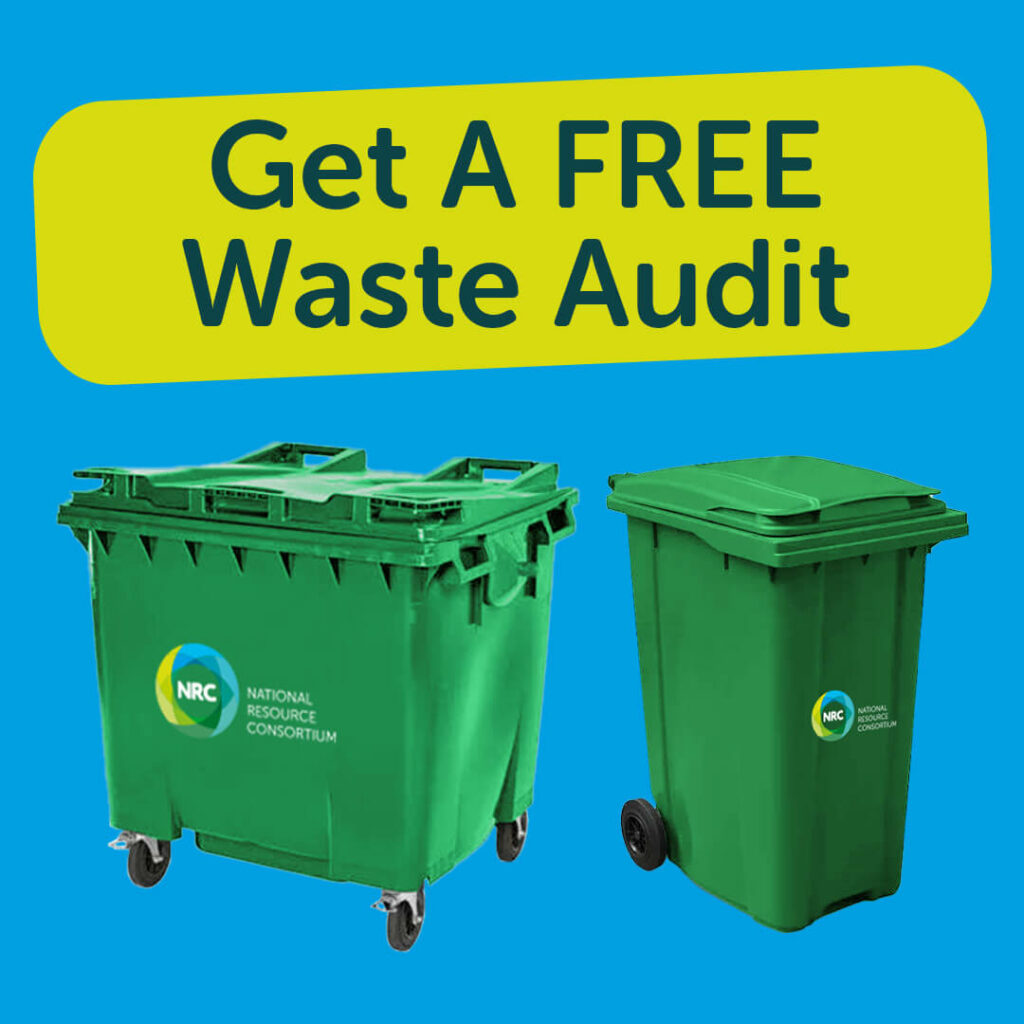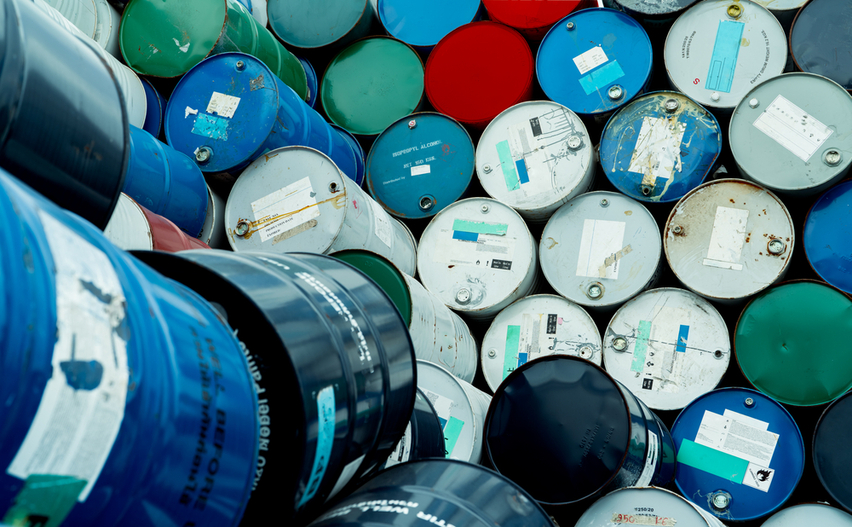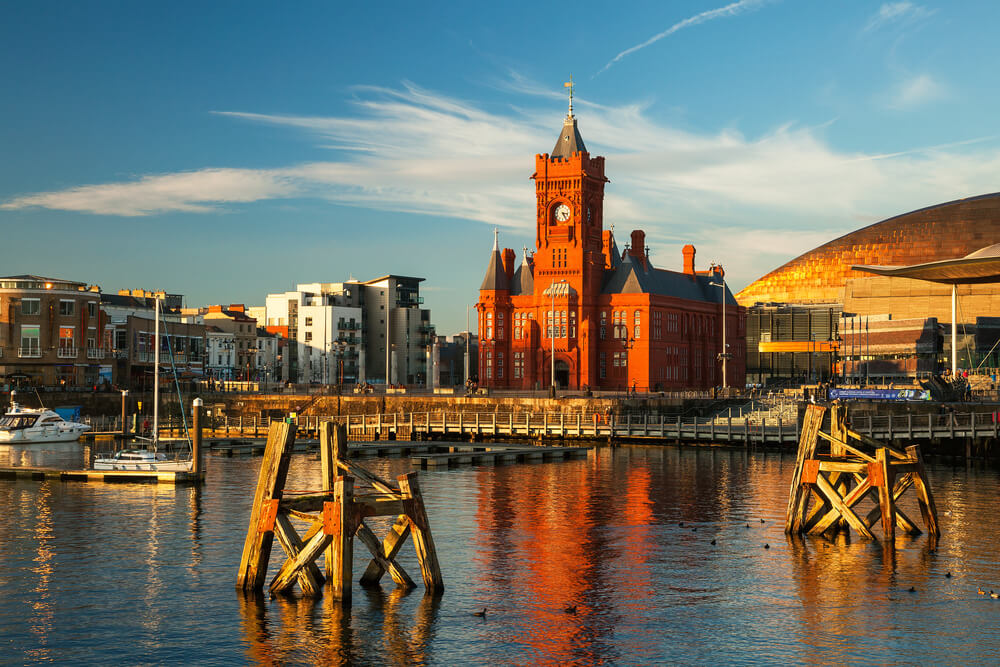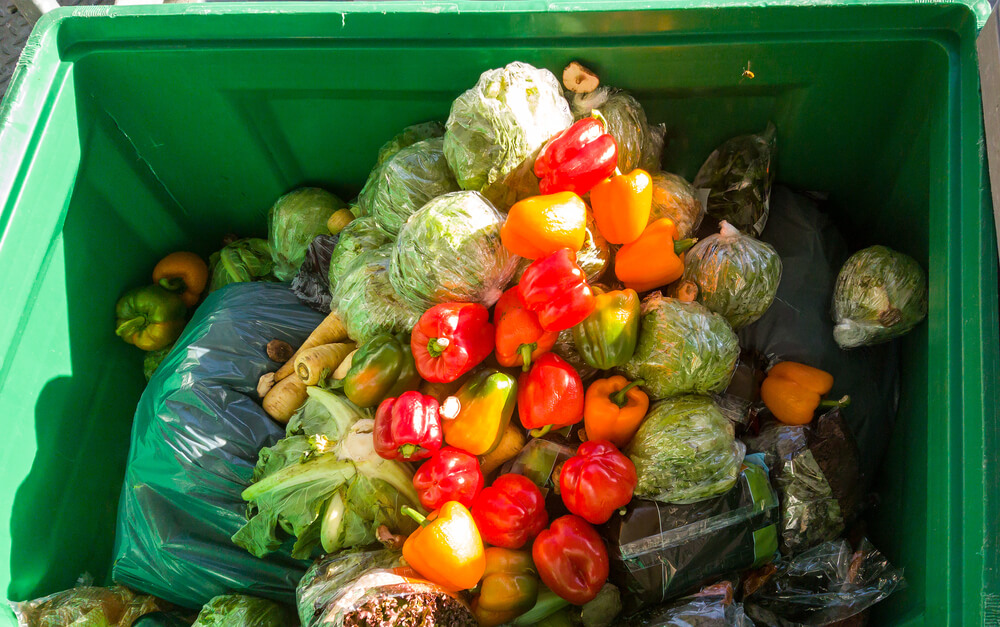May 9th, 2024

In December 2018, the government launched the Resources and Waste Strategy (RWS) – the first comprehensive update on waste policy in more than a decade. Deposit return schemes will be introduced for single-use drinks containers; consistent labels will be added to food packaging and businesses must now take greater responsibility for items that can be harder to recycle.
On release of the strategy, important voices from across the industry have had their say. We’ve rounded up a number of key themes below:
Importance
Overall, the majority of organisations acknowledge the new strategy as being an important document to kickstart the government’s ambition of moving to a more circular economy:
“We welcome the new Resources and Waste Strategy as an important contribution and route map for significantly improving resource management in England. If effectively implemented, many of the measures outlined hold the promise of the kickstart to the circular economy that we urgently need.” – Ray Georgeson, Chief Executive of The Resource Association
“If fully implemented, the new resources and waste strategy will address many of the long-standing shortcomings in England’s current approach.” – Libby Peake, Senior Policy Advisor at Green Alliance
“The strategy, which has been delayed several times since its announcement last year, will be seen as a shot in the arm for England’s resources and waste sector, with England’s recycling rate continuing to flatline” – Rob Cole, Deputy Editor of Resource
Extended Producer Responsibility
A key part of the RWS is Extended Producer Responsibility in which “producers pay the full net costs of managing packaging waste at end of life” (RWS, 2018). Many have referred to the potential for improved products and packaging, helping to simplify the recycling process:
“We are setting out to ensure we get effective policy through EPR. It links to tax on packaging and DRS. It’s all big and exciting stuff that we are going to deliver.” Tom Murray, Defra
“This will certainly drive up recycling rates and should lead producers to design better products and packaging.” – WRAP
“There are opportunities for packaging manufacturers to show their commitment to closing the loop and taking the lead through ‘reverse logistics’” – Sancroft
“This is great for two reasons: firstly it follows the principle that the people bringing polluting material on to the market are the ones who should have to clean it up rather than you and I, and secondly it provides an incentive for them to stop making packaging that’s complicated or hard to recycle and is therefore clogging up our waste system.” – GreenPeace
Deposit Return Scheme
A suggested method arising as a result of EPR is a Deposit Return Scheme (DRS) in which “consumers are charged a deposit up-front when they buy a drink in a single-use container” which “can be redeemed when the empty container is returned” (RWS, 2018).
Whilst increased recycling rates are proven as a result of the scheme, implementing the scheme will be complex with increased business admin costs just one issue to consider:
“We believe that deposit return schemes have an integral part to play in the resource revolution. Our global experience has seen DRS dramatically increase recycling rates for drinks containers to more than 90 per cent in the vast majority of markets” – Truls Haug, Managing Director for Tomra Collection Solutions UK and Ireland
“Defra wants a DRS in England for single-use drinks containers (whether plastic, glass or metal), subject to consultation, and we at Suez support this, though we believe it should only apply to container sizes used ‘on the go’ so as not to undermine functioning household collection systems.” – David Palmer-Jones, CEO of Suez
“We note the consultation on deposit return schemes (DRS) but consider this a very complex issue and likely to be extremely challenging. A DRS scheme (for out of home) would place an administrative burden on business, when more than 4,500 collection points already exist in the UK for the collection of used paper cups are more are planned and in progress.” – The Paper Cup Recovery and Recycling Group (PCRRG)
Consistent collections
Whilst the promise of more consistent household collections is good news for the consumer, local authorities are questioning their ability to implement these when coupled with ongoing funding cuts from Central Government:
“The provision for clear labelling for consumers and consistent household collections – with the Government specifying a “core set of materials” to be collected – is expected to help remove confusion, reinvigorate recycling figures and prevent the contamination of valuable waste streams.” – Pennon
“Local authorities have worked hard to increase recycling levels and innovate, but their ability to move towards more consistent collection methods, manage food waste and tackle waste crime is undermined by the Government’s ongoing funding cuts” – Paula Hewitt, Chair of the Environment Board for the Association of Directors of Environment, Economy, Planning and Transport (ADEPT)
“How will consistent collections be designed to not only achieve higher recycling rates, but avoid a worse overall carbon footprint etc.?” – Jacob Hayler, Executive Director of the Environmental Services Association
Slow progress
The release of the strategy was delayed several times since its announcement last year. This ties into comments made from various industry figures who believe the government are making slow progress with delayed timeframes meaning years more of the status quo:
“One of our major concerns is around the timing of the proposals in the strategy. The bold extended producer responsibility measures described here aren’t going to kick in until 2023. The strategy also reiterated the government’s commitment to introducing a deposit return scheme (DRS) on drinks containers, which is brilliant, but again, the projected timeline for implementing the scheme wouldn’t see it operational until 2023.” – GreenPeace
“With the Scottish government expected to introduce its deposit system by 2020, and the packaging producers – who would pay for the system – wanting it to be UK-wide, why does our government think it would take a further three years to get in line? – Samantha Harding, Litter Programme Director at the Campaign to Protect Rural England
“…many of these policies lack clear timelines and are reliant on several government consultations…” – Abbie Brown, Analyst at Carbon Smart
“the UK Government plans to introduce a scheme in England in 2023 at the earliest. We are already lagging behind in our action on single use plastic, and this delay seems designed to kick the can (and bottle) further down the road. We know what needs to be done and we can, and should, make progress more quickly.” – Marine Conservation Society
However, the slow progress has been defended:
…”important to get the detail right rather than legislate in haste and repent at leisure.” – Peter Maddox, Director of WRAP UK
Lack of clarity
As well as the slow progress, the strategy has also been criticised for its lack of detail and clarity on certain policies:
“It is also unclear how new funds from extended producer responsibility and the plastic tax will be used. The government has not outlined whether these taxes will be an additional source of income to councils for funding waste management or if the taxes will replace current funding.” – Carbon Smart
“…there may be some who argue that there is not enough here to make the leap to a genuinely circular economy in quick enough time, given the urgency we face.” – Dr Marcus Gover, CEO of WRAP
“I can see a situation where citizens are told ‘don’t waste food’ alongside ‘give us your food waste’. We will have to be clear on what we mean about avoidable and unavoidable waste.” – Paul Vanston, Chief Executive of Incpen
“There is a lot of detail still be worked up. The strategy signals intent rather than specifics.” – Susanne Baker, Head of Programme Environment & Compliance, techUK
Alternatively, it is argued the strategy should show sufficient detail but remain simple enough to understand and be efficiently implemented:
“How will the system be simple enough to be understood and implemented correctly but sophisticated enough to achieve the right behaviours across the value chain?” – Jacob Hayler, Executive Director of the Environmental Services Association
With consultations ongoing, NRC will continue to monitor the strategy as it develops over the coming months.
